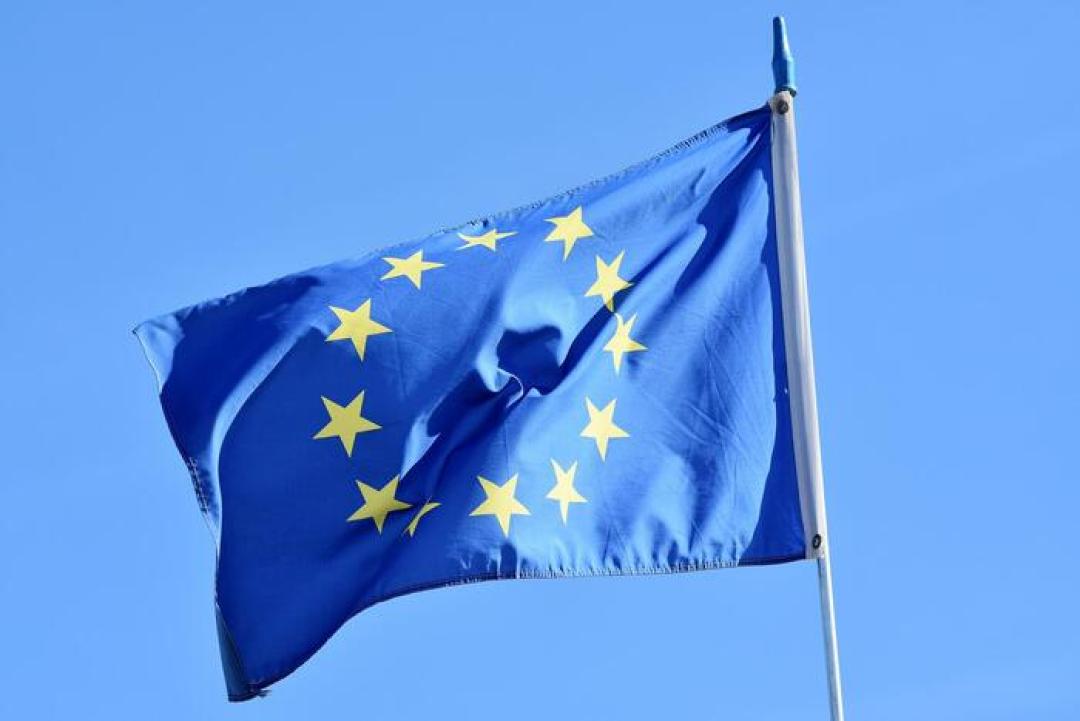
European Parliament Urges Azerbaijan to “Immediately Reopen” Lachin corridor; Azerbaijan partly restores gas supplies to Nagorno-Karabakh

On January 19, the European Parliament approved the joint motion for a resolution on the humanitarian consequences of the blockade in Nagorno-Karabakh.
The European Parliament urged Azerbaijan to “immediately reopen” the Lachin corridor, saying the continuing blockade of the only road connecting Nagorno-Karabakh with Armenia and the outside world breaches international obligations under the trilateral ceasefire statement of November 9, 2020, under which Azerbaijan must guarantee the security of persons, vehicles, and cargo moving along the corridor in both directions.
The resolution deplores the “tragic humanitarian consequences of the blockade," which it says were aggravated by “Azerbaijan’s disruption of the natural gas supply to Nagorno-Karabakh.”
The resolution also condemns the “inaction” of Russian peacekeepers in Karabakh that are supposed to control the Lachin corridor. It says that “their replacement with OSCE international peacekeepers, under a UN mandate, should be negotiated urgently.”
The European Union’s legislature added that the EU should do more to “ensure that the inhabitants of Nagorno-Karabakh are no longer held hostage by Baku’s activism, Russia’s destructive role, and the Minsk Group’s inactivity.”
Referring to the Parliament resolution, Armenian PM Nikol Pashinyan said at the Cabinet meeting on Thursday: “The European Parliament restates that in a comprehensive peace treaty, Azerbaijan must address the root causes of the conflict, including the rights and security of the Armenian population living in Nagorno-Karabakh, the return of displaced persons and refugees to their homes under the supervision of the UN High Commissioner for Refugees, inter-religious dialogue, protection and preservation of cultural, religious and historical heritage and territorial integrity.” He reiterated Parliament’s stance that a lasting peace between Armenia and Azerbaijan cannot be achieved by military means but needs a comprehensive political settlement in accordance with international law, including the principles enshrined in the UN Charter, the 1975 Helsinki Final Act, as well as the fundamental principles of the 2009 OSCE Minsk Group on territorial integrity, self-determination, and the non-use of force."
The de-facto State Minister of Karabakh Ruben Vardanyan also hailed the European Parliament resolution “as an important step in forcing Azerbaijan to end the ongoing humanitarian crisis in Nagorno Karabakh."
Gas to Nagorno-Karabakh Partially Restored
Azerbaijan has partly restored Armenia’s natural gas supplies to Nagorno-Karabakh blocked earlier this week. However, as reported by Karabakh’s operational headquarters, the gas supply will be restored with certain restrictions due to weak pressure.
“With the purpose of ensuring uninterrupted functioning of essential infrastructures and meeting the minimal demands of the population, the limited-volume supplied gas will be accessible for residential houses in Stepanakert city, regional gas stations, as well as certain facilities of strategic importance. We call on the population to be attentive and maintain safety rules of using gas,” the Operational Headquarters said in a statement.
Karabakh imports gas from Armenia through a pipeline passing through Azerbaijani-controlled territory. Those supplies were cut off on January 18, aggravating a humanitarian crisis because of a more than month-long blockade of the sole road connecting Nagorno-Karabakh to Armenia.
Armenian electricity supplies to Karabakh were similarly disrupted on January 10, leading the authorities to impose rolling power cuts. The subsequent disruption in gas supplies increased the load on the local energy network as many residents of Karabakh towns had to use only electricity for heating their homes.
On Friday, Tigran Gabrielian, the de-facto deputy director of Karabakh's power grid operator, again urged the population to reduce electricity consumption. “I do understand that there are problems with heating and so on, but there may be accidents in the network that would leave not only them but also their neighbors without electricity,” he said.
See Also


Mirzoyan Meets US Deputy Assistant Secretary Joshua Huck

Azerbaijani President Holds Talks with UAE and German Business Delegations on Economic Cooperation

Grigoryan Confirms Armenia’s Readiness to Dissolve OSCE Minsk Group Upon Peace Treaty Signing

Azerbaijani Official Warns of Ecological Risks to Caspian Sea, Similar to Lake Urmia and Aral Sea

